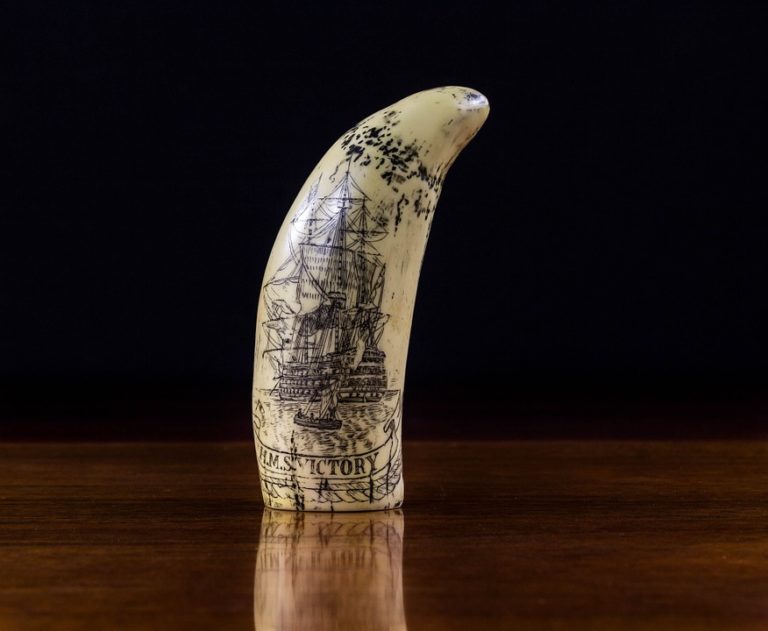March 31 marks the official shutdown of China’s ivory factories.
Perhaps the biggest positive conservation story of the year so far, China earlier agreed to shut down its domestic ivory market, which reports have now suggested has resulted in a dramatic drop in the price of ivory. Recent figures have shown that the wholesale price of raw legal ivory has dropped by almost two-thirds since China announced plans to close the domestic market. The dramatic price drop, together with the closure of the market is a huge step forwards in conservation, as China is the world’s largest ivory importer and trader. Researchers from the conservation organisation Save the Elephants visited Beijing and Shanghai, along with other major cities whose markets had not been surveyed before, and found that the legal ivory trade is dying, according to researchers Lucy Vigne and Esmond Martin.
In 2014, the average wholesale price of tusks was $2,100 (£1,700) per kg, and by late 2015, following China’s symbolic burning of half a ton of stockpiled ivory before announcing plans to end the domestic trade, the price had fallen to $1,100 per kg. After this, just last month it had dropped to just $730 per kg. The team also discovered through their research that many retail shops previously selling ivory have now closed down, which some conservationists welcomed. Iain Douglas-Hamilton, president and founder of Save the Elephants, said, “We must give credit to China for having done the right thing by closing the ivory trade. There is now greater hope for the species.”
A pan-African survey of savannah elephants that was published at the end of last year, together with an analysis by the IUCN African Elephant Specialist Group, found that elephant populations were down by one-third over just seven years as a result of the ivory trade. This figure worked out to be around 144,000 elephants lost to the trade since 2010. Reports believe that the recent drop in prices is largely due to the Chinese government’s public commitment to close down their legal ivory trade. Douglas-Hamilton commented, “With the end of the legal ivory trade in China the survival chances for elephants have distinctly improved.” March 31, 2017 marks the official date for the shutdown of China’s ivory factories, whilst all retail outlets will be closed by the end of the year. Public awareness campaigns, including those featuring celebrities such as actor Jackie Chan, have played a key role in explaining the huge negative impact that buying ivory has on elephant populations.
An additional key reason for the decline of the trade in China is believed to be the Chinese economic slowdown, according to reports. Economic data released last year suggested that the growth prospects in the world’s second-largest economy are not looking positive. This was due to a decline in consumer spending, with particular emphasis on expensive luxury materials, which include raw ivory. Luckily for conservation, the reduction in the price of ivory did not mean that sales increased as many hoped it would. However, Professor Alejandro Nadal, an economist from the Centre for Economic Studies, El Colegio de México, warned that people must not jump to conclusions, claiming, “The key variable that will determine the effect on poaching is not prices. It is profits.”
Nadal has stated that by selling ivory at low wholesale prices, profit levels could be a lot higher at the retail end of the chain, meaning that the profitability for ivory retailers could actually increase, despite the reduction of wholesale prices. This brings into question whether it is the big retail traders who are driving the poaching. Nadal said, “To get a better answer to that question, we need to know more about the links with the illegal trade: do the price reductions affect the prices in the illegal trade?” Further to this, research has found that illegal ivory traders have benefitted from the falling prices, with researchers also discovering that “While legal dealers have suffered, illegal traders have been enjoying a profitable business.”
What are your thoughts? Please comment below and share this news!
Creative Commons / True Activist / Report a typo






China on the right moves… although there are so many negative news about China on environmental issues, cruelty toward animal issues… but still china has doing the right thing to reduce it. Ban on ivory, and Start educating people to stop consuming shark fin ( I saw the ad with Yao Ming as the star) , Reforestation … i appreciate that 100% ++